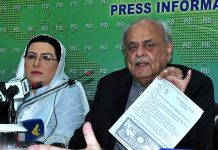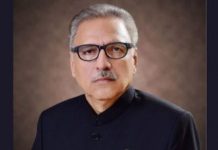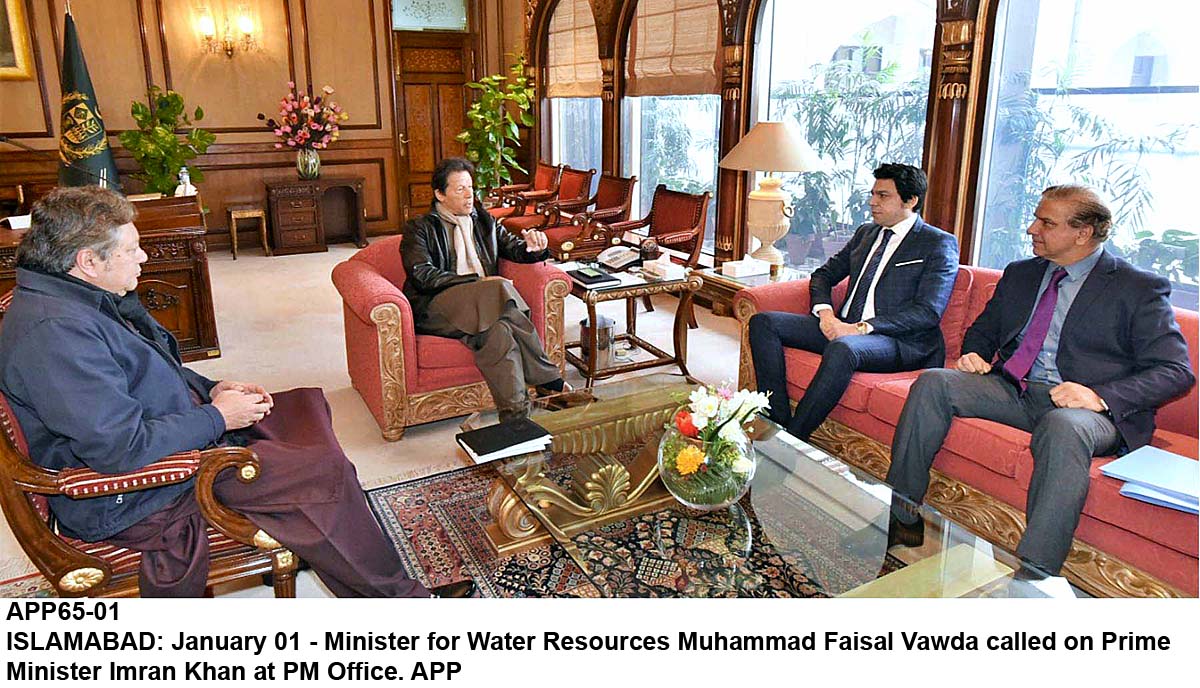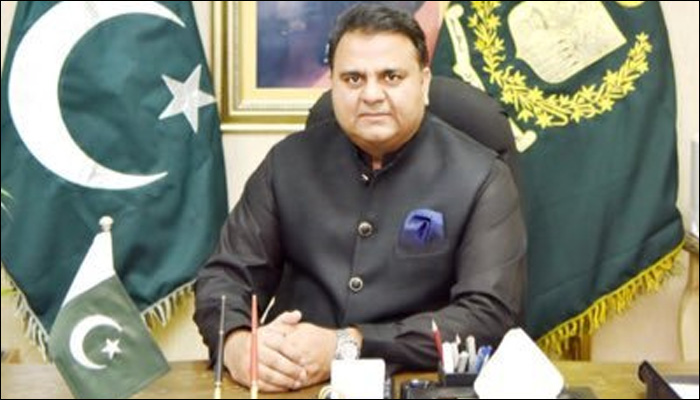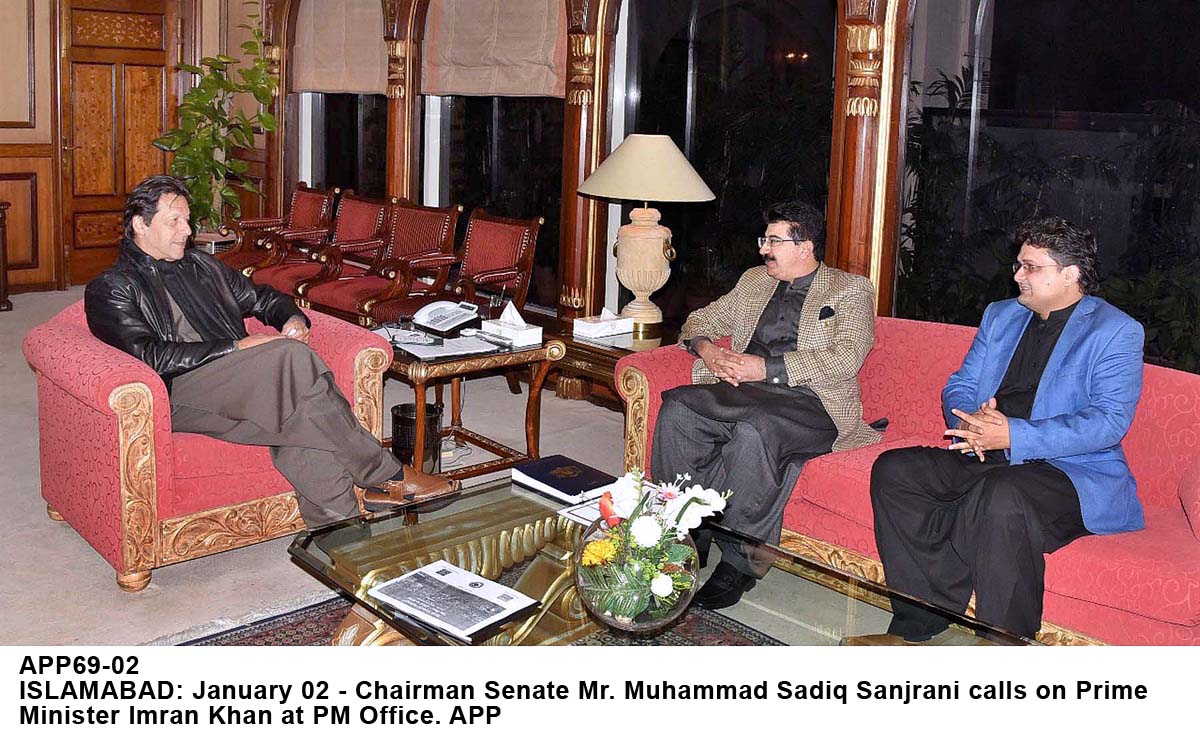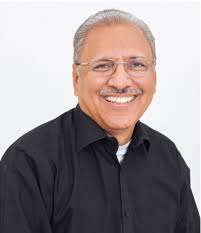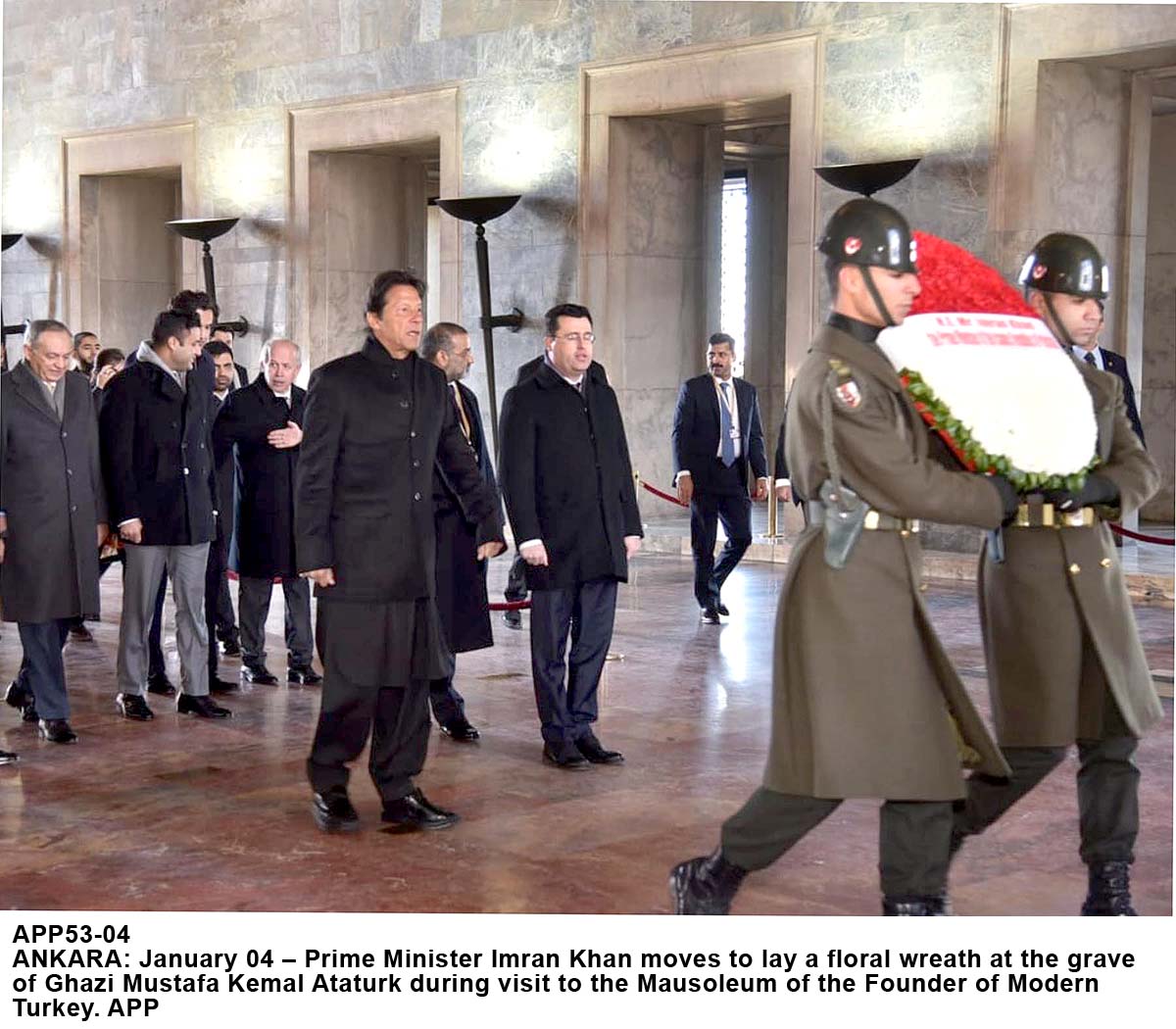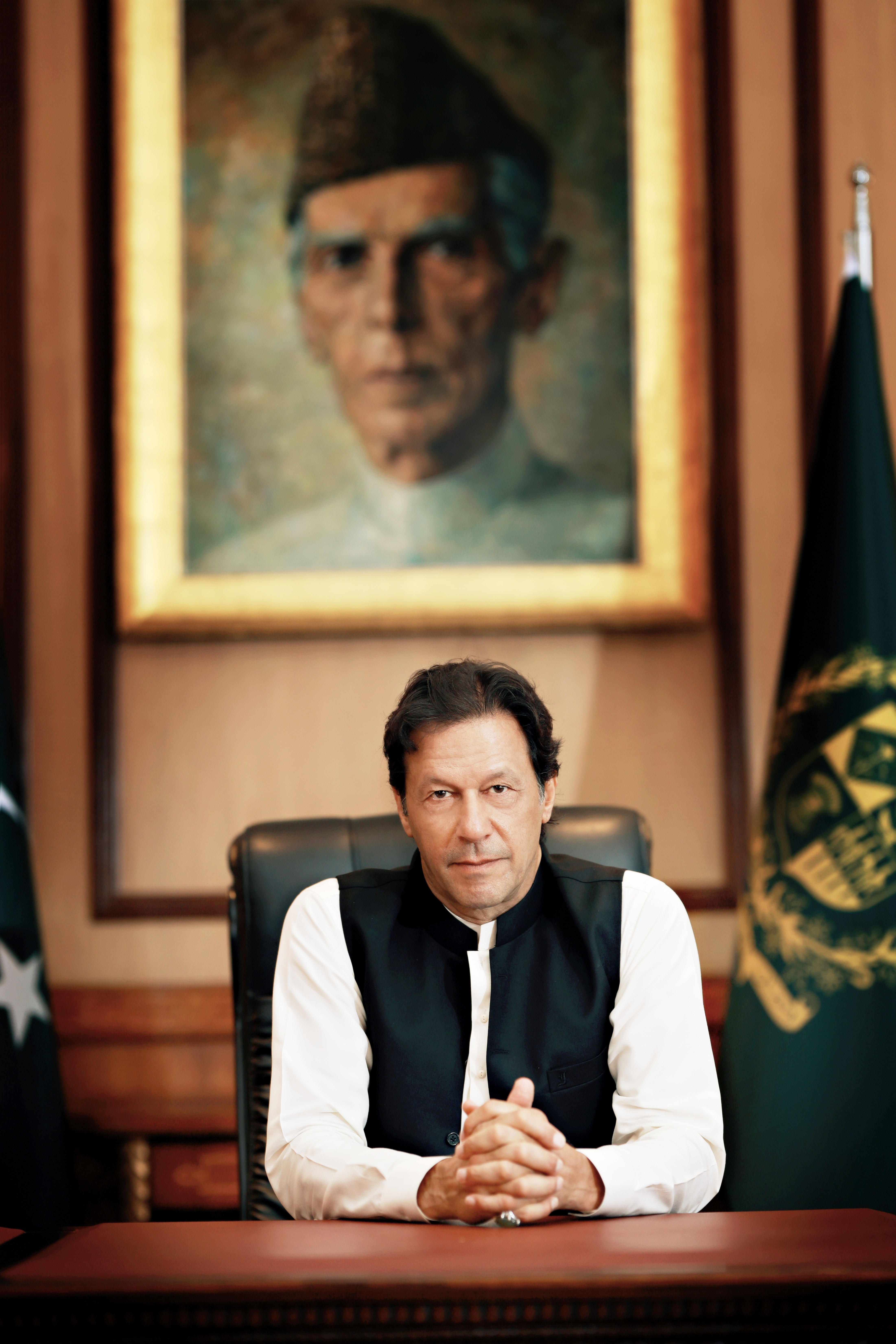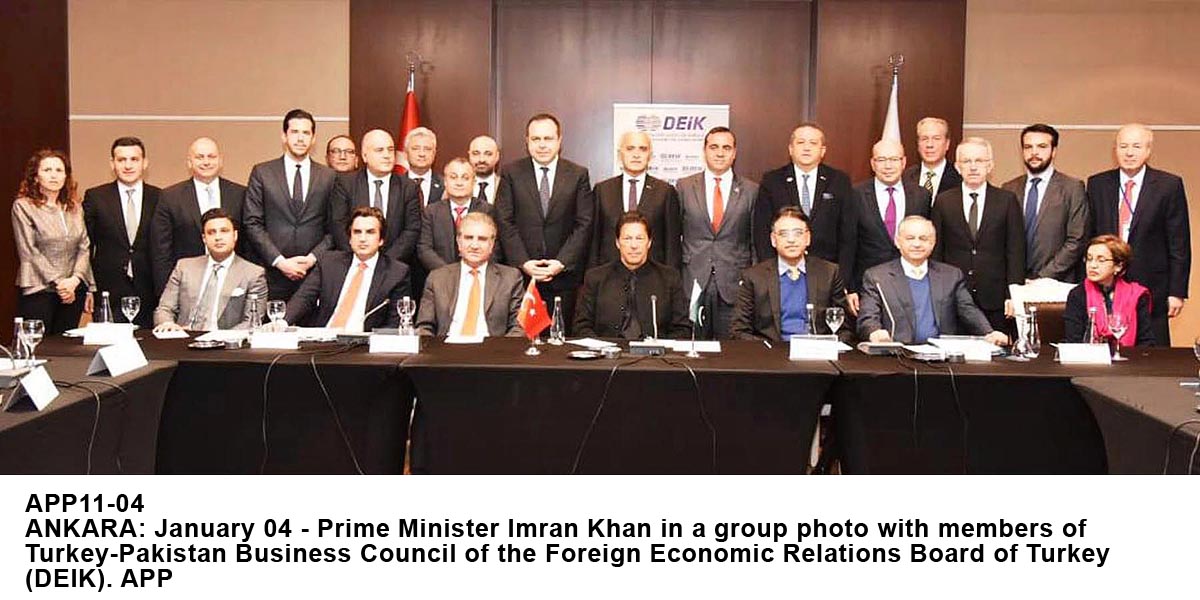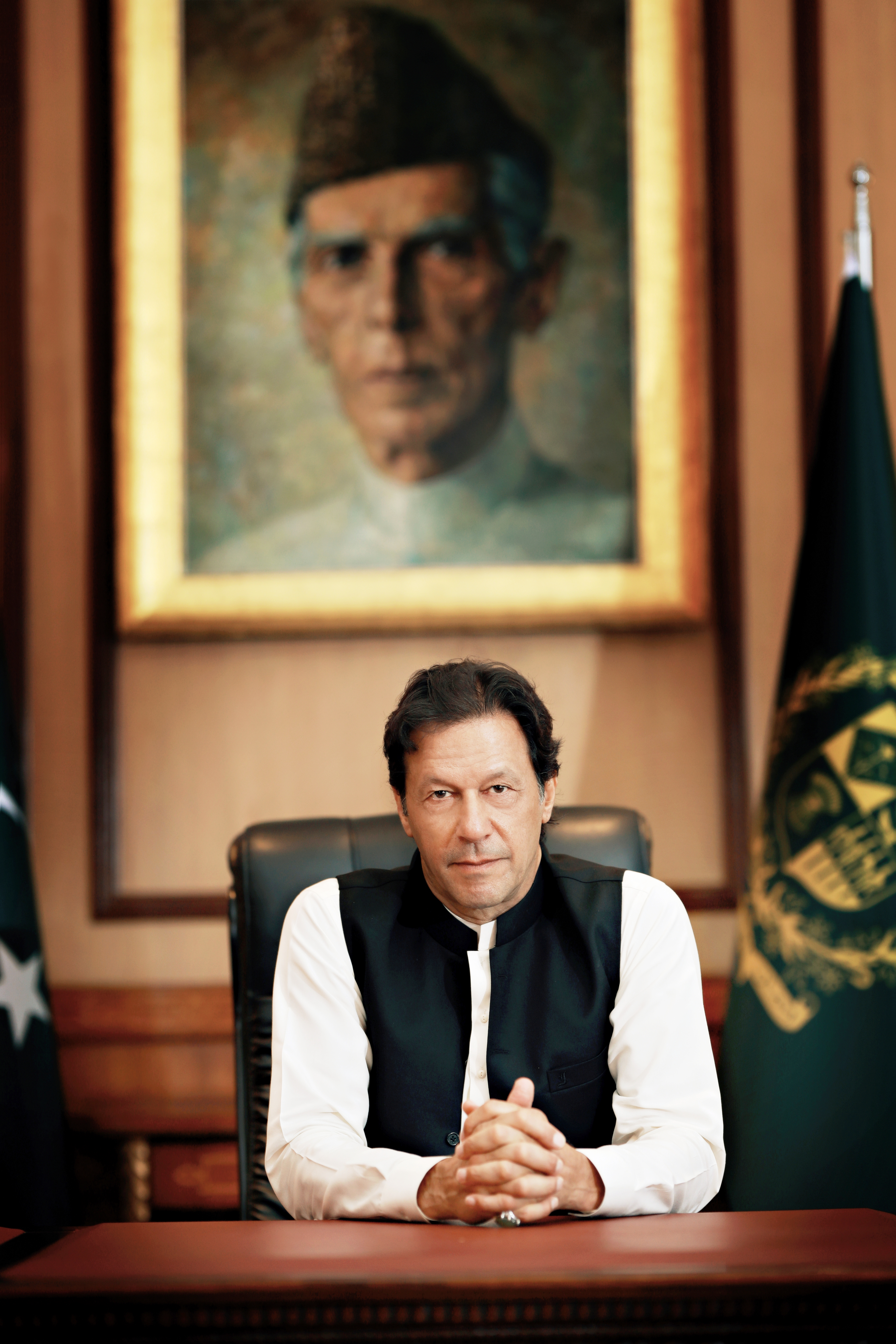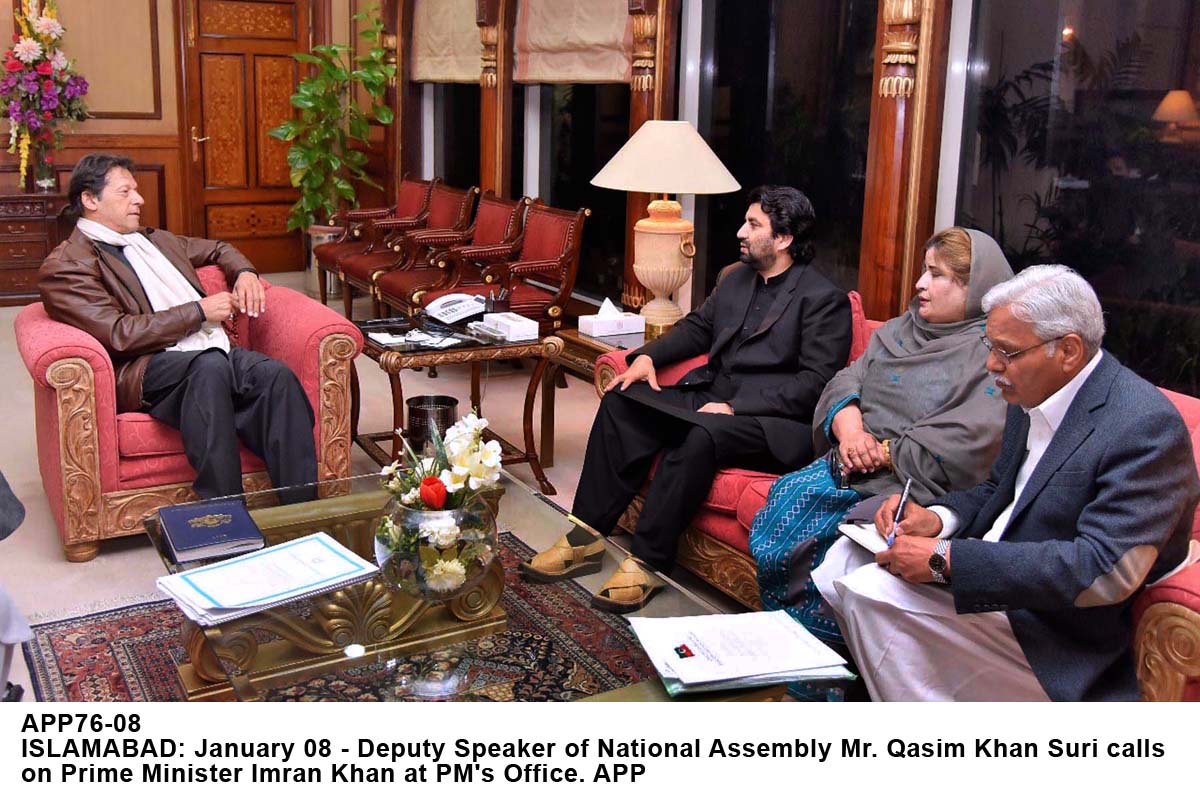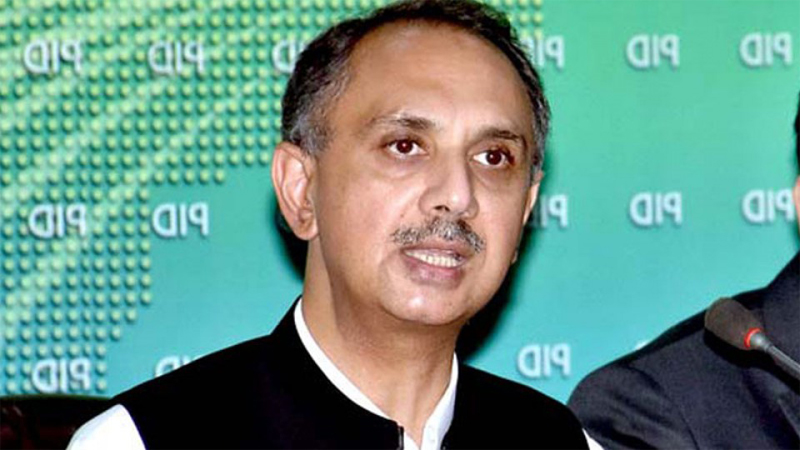
“When the petroleum prices were decreased in international market, its benefit was passed on to the masses. And now, when the prices have witnessed a sharp increase, a substantial relief has also been given to the common man by increasing just 25 percent against 112 percent of world market,” he said while addressing a press conference along with Special Assistant to Prime Minister (SAPM) on Petroleum Nadeem Babar.
He said fuel prices in Pakistan, being a non-oil producing country, are low not only in the sub-continent but in Asia. Rejecting a notion created by opposition parties, he said the biggest increase in petroleum price was witnessed during the tenure of Pakistan Muslim League-Nawaz in mid-2014 when petrol rate jumped from Rs 75 to 108 per litre, which was the one-month biggest raise – 31 percent.
Omar Ayub said Pakistan Tehreek-e-Insaf (PTI) government believes in presenting factual position before the public as it is facing mafia and hoarders, adding that Prime Minister Imran Khan has always taken bold decisions and given priority to welfare of masses. he said it was the PML-N which during its last tenure in 2015 managed to stop an inquiry and protected the mafia.
Justifying the revision of petroleum prices four days ahead of the schedule for the month of July, Nadeem Babar said if the price of oil cargoes, arriving in next days, was calculated based on current exchange rate, there was a projection of Rs 31.5-32 per litre increase in petrol price with effective from July 1. “We did not want to make such an increase, so we went to the prime minister and finance minister and apprised them if the prices were revised with effect from July 1, there will be Rs 31.5-32 per litre increase. We found a way out and decided to expand the duration from 30 days to 35 days, as the taxes were already fixed,” he added.
On May 18, he said, Pakistan State Oil (PSO) purchased oil cargo at the rate of $21.7 per barrel, which increased to $31.27 per barrel on May 28 and reached $44.54 on June 20. During this period, prices have increased by more than double, he added.
After the increase, he said, the petrol price is at around 100 per litre in Pakistan, while it is Rs 180 per litre in India, Rs 137 in China, Rs 174 in Bangladesh, Rs 108 in Indonesia, Rs 153 in Philippine, Rs 159 in Thailand and Rs 196 in Japan.
Before February 28, he said petrol rate was Rs 116.60 per litre and diesel Rs 127.26 per liter, adding by June 1 these were brought down by Rs 42 and Rs 47 per litre respectively.
Commenting on the recent fuel shortage, the SAPM said oil marketing companies are required to maintain 21-day stocks as per their licence condition, but almost all the companies were found short of the stock during the inspection. He said the Petroleum Division has been asking Oil and Gas Regulatory Authority (OGRA) to take action such OMCS and enforce their laws in this regard in letter and spirit. Simultaneously, he said the PSO has been directed to do additional fuel buying as other OMCs are not maintaining their stocks, which gave the PSO 15 percent additional share in market during the current month as compared to corresponding period of last year. “PSO made 78 percent additional import,” he said.
Nadeem Babar said there are around 9,000 registered petrol pumps in the country, while 15,000 are illegal which have been identified during the recent inspections. The illegal pumps are being shut down or sealed, he added. He said a system is also being worked out to collect and maintain sales data of OMC depots and petrol pumps on a daily basis.
During the inspection, he said, it was also observed that oil depot sales witnessed 52 percent increase in first 10 days of current month as compared to same period of last year. The increased sale was definitely hoarded somewhere like illegal petrol pumps or depots, he added. He said the government has sought lists of petroleum pumps from all OMCs so that it could be put in the record that which fuel station were operating on their network.

